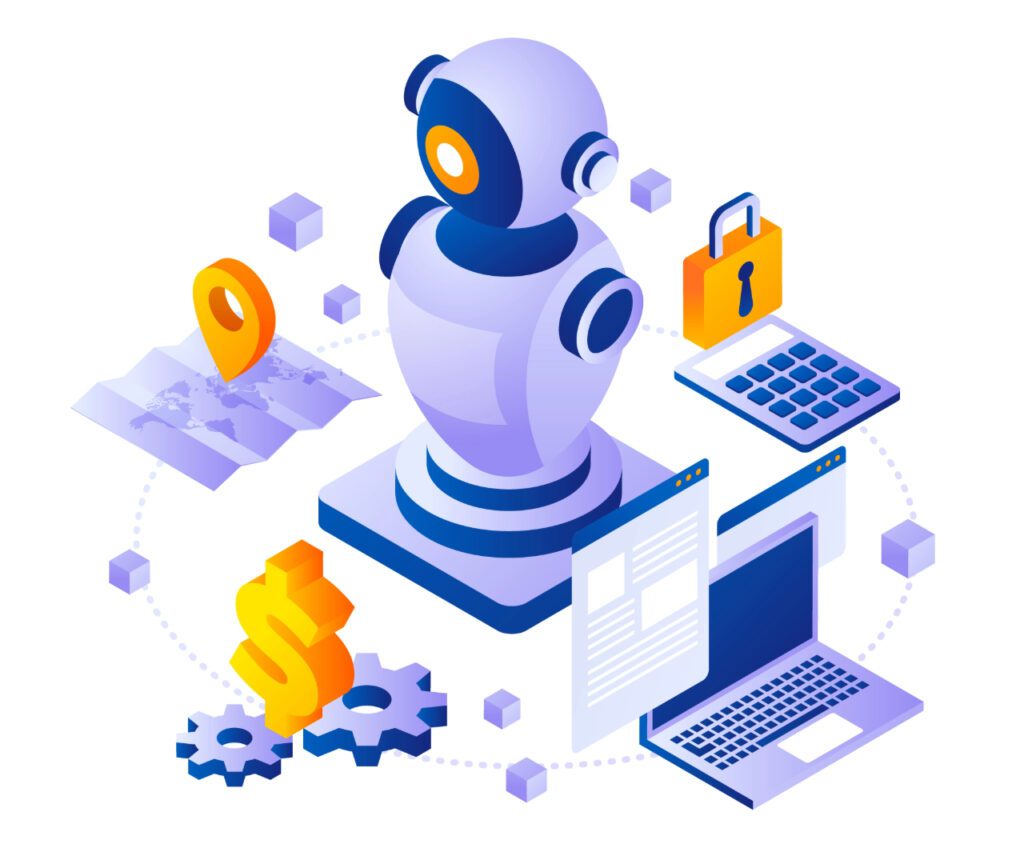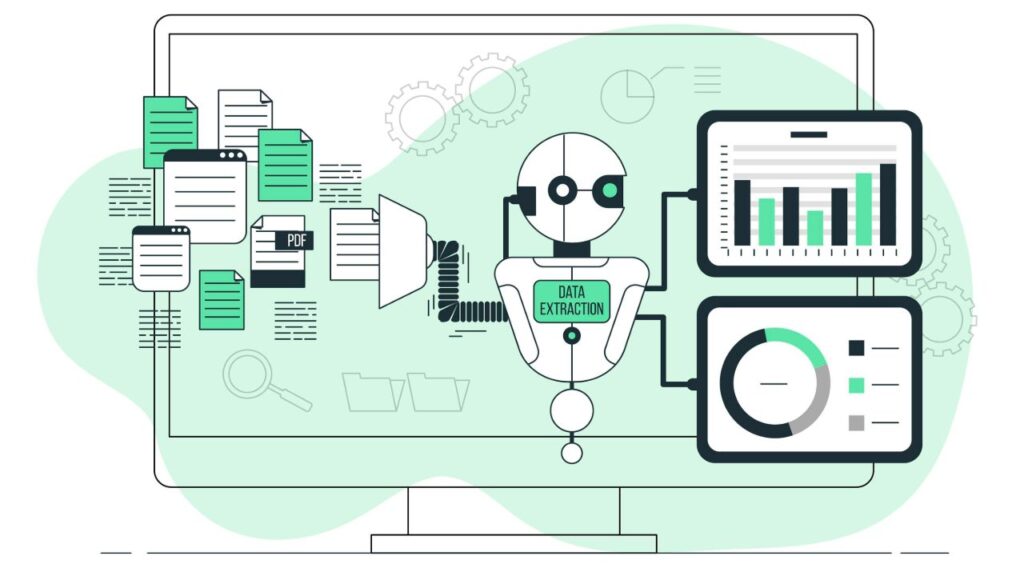Book Appointment Now
Will Accounting Be Fully Automated? Experts Weigh In

The world is changing faster than ever, and accounting, often seen as a traditional and rigid field, is not immune to disruption. The question on everyone’s mind is: Will accounting be fully automated? It’s a topic sparking debate among professionals, business owners, and students alike.
To get a clearer picture, we must explore the current state of accounting automation, understand what’s driving this transformation, assess the roles most vulnerable to change, and, most importantly, examine what industry experts believe the future holds.
The State of Accounting Automation Today
Accounting has already undergone a massive shift over the past two decades. Gone are the days of manually balancing books with pencil and ledger. Today, cloud-based accounting software like QuickBooks, Xero, and FreshBooks automates tasks like invoicing, payroll, bank reconciliation, and even tax calculations. Many small businesses operate without ever hiring an accountant, thanks to these tools.
Automation now handles a large chunk of routine, repetitive tasks:
Data entry and reconciliation
Invoice creation and processing
Payroll management
Expense tracking
Basic tax preparation
This transition is powered by technologies like AI (Artificial Intelligence), machine learning, RPA (Robotic Process Automation), and OCR (Optical Character Recognition). With these tools, software can read receipts, detect anomalies, categorize transactions, and even provide basic financial insights.
But despite this rapid advancement, we’re still far from complete automation.
Why Automation is Accelerating
There are several drivers behind the surge in accounting automation:
1. Cost Efficiency
Automation reduces labor costs and eliminates human error. Companies are constantly seeking ways to do more with less, and automating accounting functions offers a tangible return on investment.
2. Scalability
Businesses handling large volumes of transactions can scale more easily with automation. Whether you’re processing 100 or 10,000 invoices, automation handles it seamlessly.
3. Real-Time Insights
Modern accounting tools provide dashboards with real-time financial data. This helps businesses make informed decisions without waiting for end-of-month reports.
4. Regulatory Pressure
Governments are digitizing tax systems (e.g., Making Tax Digital in the UK) and enforcing stricter reporting standards. Automation ensures compliance with fewer headaches.
5. COVID-19 Acceleration
The pandemic pushed firms to adopt cloud technologies and remote workflows, accelerating digital transformation by years.
Which Accounting Roles Are at Risk?
Not all accounting jobs are created equal. Some tasks are highly repetitive and rule-based, making them ripe for automation. Others require judgment, interpretation, or interpersonal skills.
High Risk of Automation:
Bookkeeping
Accounts payable/receivable clerks
Payroll administrators
Data entry specialists
Lower Risk:
Auditors (though parts of the job are being automated)
Tax advisors (especially those handling complex matters)
CFOs and strategic consultants
According to a study by Oxford University, bookkeeping has a 98% chance of being automated. However, the strategic and interpretive aspects of finance remain largely human.
What Experts Are Saying

We spoke to a few professionals and academics to get their views:
Dr. Lisa Wong, CPA and Accounting Professor:
“Automation will replace the repetitive and time-consuming tasks, but not the thinking. Accountants will shift from processors of data to interpreters and advisors. It’s about enhancing human capability, not replacing it.”
John Mills, CFO of a mid-sized tech firm:
“Our accounting team is smaller than ever, but more valuable. They spend less time reconciling bank statements and more time analyzing cash flow and advising our board. Automation has been a win-win.”
Elena Ruiz, Founder of FinTech startup LedgerBot:
“Full automation is technically possible for 90% of routine accounting functions. But it still requires oversight. Software can misread data or miss context. Human input is essential for edge cases and decisions.”
Marcus Taylor, Audit Partner at Big Four firm:
“Audit is being transformed by automation, especially data testing and sampling. But auditors still need to exercise judgment and skepticism. You can’t program ethics.”
The Human Touch in Accounting
Even as machines become more capable, they lack emotional intelligence, ethical reasoning, and business intuition. A seasoned accountant can:
Spot unusual patterns based on years of experience
Communicate financial risk to non-financial stakeholders
Help businesses plan for uncertain futures
Navigate gray areas of tax law
Moreover, clients value relationships. A small business owner may trust their accountant like a business partner, not just a number cruncher. This trust can’t be replicated by software.
The New Role of the Accountant
Rather than becoming obsolete, accountants are evolving. The future accountant is part:
Technologist: Comfortable using and even setting up automated tools
Data Analyst: Able to derive insights from financial data
Strategist: Advising businesses on growth, efficiency, and risk
Communicator: Explaining complex financial info in simple terms
This evolution demands a new skillset: digital literacy, critical thinking, storytelling with data, and emotional intelligence.
Education and Upskilling
Universities and accounting bodies are taking note. Modern accounting programs now include:
Courses in data analytics and information systems
Hands-on experience with accounting software
Case studies that focus on problem-solving, not just compliance
Professional organizations like the AICPA and ACCA emphasize continuing education to help accountants stay relevant.
Will Accounting Be Fully Automated?
Here’s the honest answer: Yes, but not entirely.
Most transactional and compliance-based tasks will be automated. That part of accounting is already halfway there. But the judgment-heavy, advisory aspects will remain human for the foreseeable future.
Think of it like flying a plane. Most of the flight is automated with autopilot. But you still need a skilled pilot to take off, land, and handle turbulence.
The same applies to accounting. Automation handles the routine, humans manage the exceptions and decisions.
Final Thoughts
The future of accounting is not a bleak landscape of lost jobs. It’s a transformed profession where humans and machines collaborate. Accountants who adapt, learn new skills, and embrace technology will thrive.
Instead of asking Will accounting be fully automated?, perhaps the better question is: How will you prepare for accounting’s automated future?
Because like it or not, the future is already here.
Newsletter Updates
Enter your email address below and subscribe to our newsletter